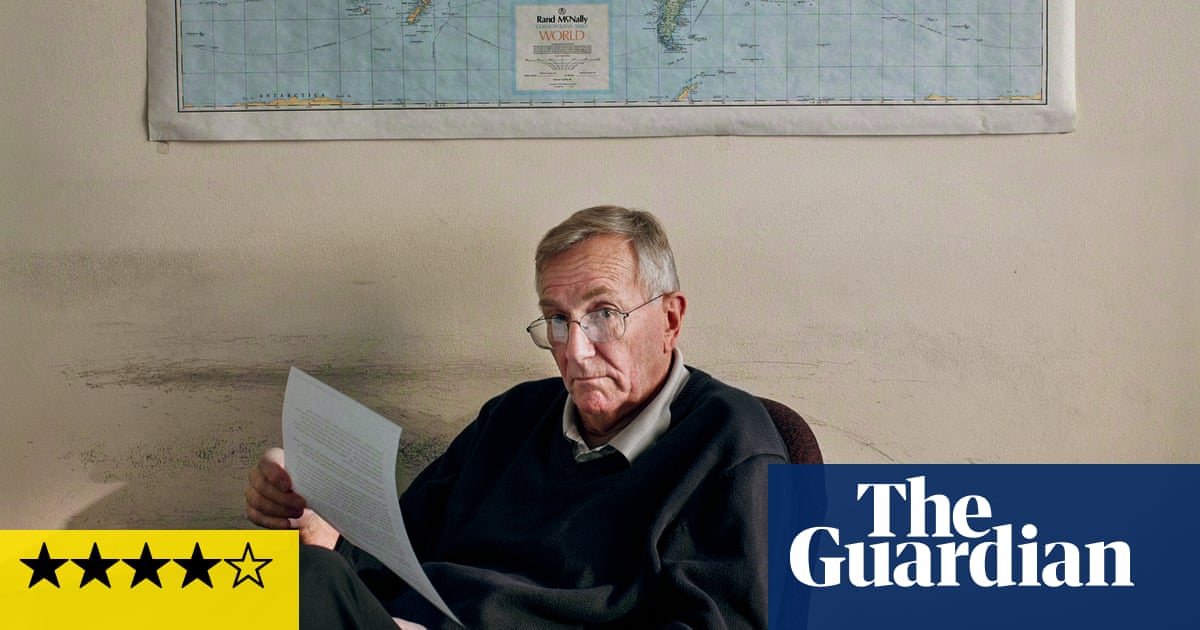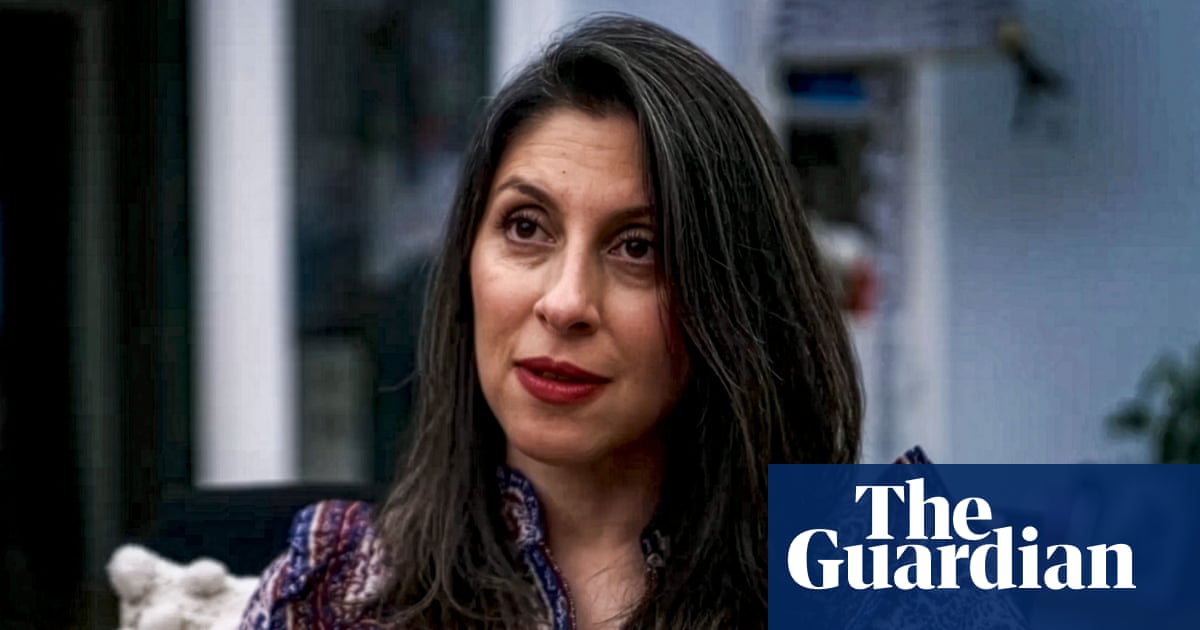When Katrina, 60 (who withheld her last name for privacy), moved in with her family in Mexico during Covid, it made sense for her to manage her aging parents’ medical care; she’s a nurse. Her sister, who has an MBA, took care of the administrative tasks. It was the first time the family had all lived together since Katrina was in high school. The lockdown was a “very challenging, wonderful” time, she says.
At first, the division of responsibilities between the two sisters worked well. But slowly, Katrina started to feel there was “scope creep”. Instead of staying in her administrative lane, her sister started weighing in more and more on Katrina’s management of medical matters.
“I got to see a side of my sister that I don’t particularly like,” Katrina says. “It’s probably the same for her.”
When their parents died soon after, it was “next level stress on top of grief on top of exhaustion”, Katrina recalls. Although she feels that she and her sister did an excellent job of caring for their parents, her relationship with her sister has never fully recovered. “We never did a debrief, and there’s a lot hanging out there,” she says.
As older generations live longer, more adults find themselves providing some or most of the care for their aging parents. According to 2023 data from the US Bureau of Labor and Statistics, 37.1 million people, or roughly 14% of the population, provide unpaid eldercare in the United States. In the UK, 3.3 million adults, age 40-60, currently care for or support at least one aging parent, per the charity Age UK.
Adults must often coordinate their parents’ care with adult siblings, and it can be complicated. Twenty-seven Guardian readers shared their stories of caring for parents with their adult siblings. For some, like Katrina, family relationships fractured.
Laura Russell, 60, has three older brothers. Single, with no children, she has been entirely responsible for her parents’ care for years, a commitment that has required her to shift her education and career goals. “I didn’t have much choice,” Russell says of the situation.
Two of her brothers didn’t visit at all when her mother was ill and dying of Alzheimer’s, and since then, she has been alone in taking care of her 84-year-old father, with whom she has a difficult relationship.
Her brothers, all of whom lived far from her and her parents, “were not willing to change their lives,” Russell says. “My choices were to care for [my parents] myself, or walk away and let them live in a care facility.”
Russell makes all the care decisions. And while her brothers don’t question her judgment, she resents that they haven’t helped more.
Other families have been able to emerge stronger than before.
Dom Sutton, 63, from Oklahoma, says he feels closer to his two younger brothers since they began managing their parents’ medical care and finances together. Dom’s youngest brother is the primary point person because he lives closest to their mom and dad, and Dom says “he keeps the whole family aware of any issues, and reaches out to us if he needs help.”
How families respond to this upheaval depends on their shared history and how they’ve navigated difficult situations in the past.
“When you have to start caretaking for an ageing parent, it triggers all the old family dynamics,” says Dr Yasmine Saad, founder of Madison Park Psychological Services.
Saad says families and siblings often come to her hoping for advice on navigating the logistical difficulties of caretaking. But generally, logistics are just the surface of the problem.
“They want our help figuring out tasks, and who is going to do what, and how we can coordinate better,” says Saad. “But what they quickly discover is that really, the issue is about who was always the favorite child, who was perceived to be more loved than the other, and who was the one who always had more responsibilities and felt others were not carrying their weight.”
Because family caretaking can trigger old wounds, it is also an opportunity to address and heal those wounds, Saad says.
Healing old wounds
Tessa H, 52 (last name withheld for privacy) said that in caring for her ageing father as an adult, she realized she was no longer okay with her father’s bullying and scapegoating.
Confronting this old, well established family dynamic created a serious rift with her father, she says, and made him unwilling to accept her care.
Her brother had his own health troubles. But Tessa says that as he healed and was able to take on a bigger role, he saw how challenging Tessa’s relationship with their father had become and offered to manage most of the caretaking duties.
The experience has made Tessa feel closer to and more supported by her brother: “When my brother told me that I didn’t have to keep trying to force care on my father, I felt relieved and very seen.”
One way to reduce conflict is to be proactive and have difficult conversations early. First, with the parents, so they can express what they would like to have happen as they age. But Saad also suggests that when parents begin to need care, or ideally before, siblings get together and have each person share what a fair division of responsibility might look like to them.
after newsletter promotion
Deciding what is fair
Everyone’s idea of fairness may be different. “Somebody might say, ‘I don’t mind handling the financials, but I need someone else to do the emotional stuff,’ and another sibling might say, ‘No, for me it needs to be equal everywhere,’” says Saad.
At that point, the conversation becomes about conflict resolution, says Saad. Given everyone’s different and occasionally conflicting feelings, how can the group come to a solution that feels relatively fair for everyone?
For example, if one sibling lives closer to the parents, they often end up being the ones doing most of the caretaking – a situation that can lead to burn out and resentment. But there are ways for other siblings to lighten their load, says Crystal Thorpe, a mediator and conflict coach at the adult family mediation group Elder Decisions. This is significantly easier now because many services can be managed online.
Thorpe says she’s seen geographically distant family members provide care by visiting parents and offering respite to the primary caregiver, ordering grocery deliveries, scheduling appointments, managing bills and finances, and “managing a family website where everyone can share information and stay informed”.
Unfortunately, Saad says, the families who would most benefit from having conversations about fairness are often those who have the most difficult time doing so.
“In some families, the wounds are so deep that they really need a psychologist to help facilitate” this kind of conversation, says Saad. Professional family mediators can also be helpful, says Thorpe.
If emotional conversations are not a family’s strong suit, they can still fend off future squabbles by getting the necessary paperwork in order.
Key documents that parents should have in place for when they do need greater assistance are the power of attorney for legal and financial matters, and an advanced medical directive where they can specify who they want to make healthcare decisions for them if they cannot make their own, says Justine Sennott, senior attorney and estate planning department lead at PJI Law.
Too often, Sennott says, people think of estate planning as primarily about the division and distribution of a relative’s assets after they’ve died.
“The truth is, some people really need assistance while they’re still living,” she says.
This also allows the parents to have a greater say in how their care is conducted. “Sometimes the parents don’t want [the caretaker] to be the kids,” Sennott says.
In even the most prepared families, the deterioration of a parent’s health is difficult for everyone. Thorpe says one of the keys to successful caregiving with siblings is not forgetting to maintain a relationship outside of your responsibilities.
“Be present with your family members,” she says. “Show interest in what they are interested in and take time to listen to them.”
Don’t forget to express respect and appreciation to each other either. And if things feel awkward and tense, try expressing that.
“Even acknowledging and naming this can help relieve some of the underlying tension,” Thorpe says.

.png) 1 month ago
38
1 month ago
38

















































